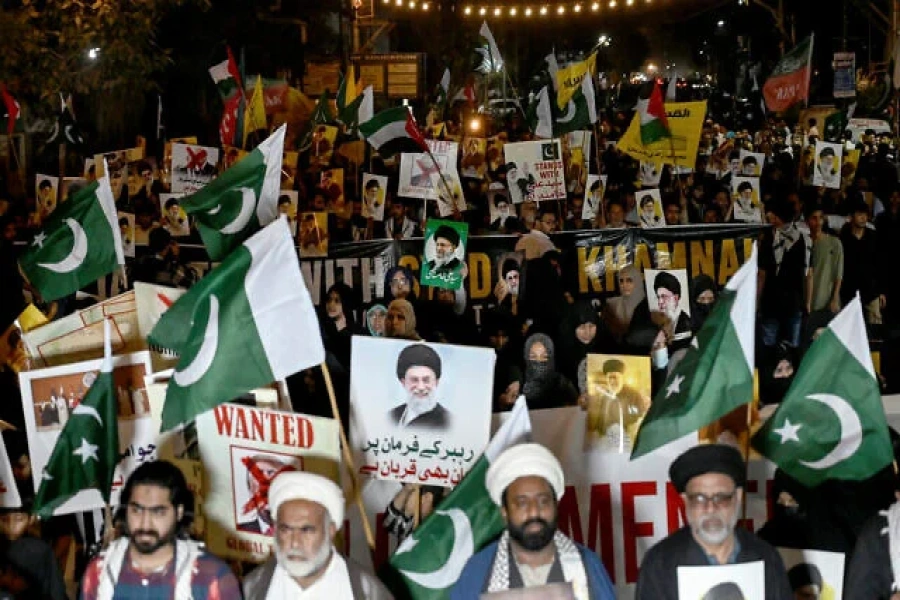CARACAS, Nov 15: After ending his visit to China and other Asian countries as part of his first official international tour, the President of the State Councils and Ministers of Cuba Miguel Diaz-Canel stopped in London to meet with progressive politicians and didn’t miss the opportunity to lay a wreath down for Karl Marx at Highgate Cemetery.
“We honor one of the great thinkers of humanity, Karl Marx, in his grave at the Highgate Cemetery, for Cuba in the bicentennial year of his birth and the 135 anniversary of his physical absence,” tweeted the president after paying a visit to the grave.
Along with Foreign Minister Bruno Rodriguez, Diaz-Canel met with high profile British politicians, including Chancellor Philip Hammond, to discuss the international blockade and strengthen relations between local political groups and the Cuban government.
Diaz-Canel met with the leader of the opposition Jeremy Corbyn, with whom he discussed relations between the British Social Democratic group and the Communist Party of Cuba.
Prince Charles meets Cuban president on historic trip to Havana

“We had a friendly exchange with the leader of the Labour Party Jeremy Corbyn about topics of mutual interest. From the British Parliament to the encounter with friends of the Solidarity Campaign with Cuba. Friendship and support to Cuba in London,” tweeted the president.
Since Corbyn assumed its leadership in 2015, the Labour Party has been moving towards a more progressive position and in the 2017 elections it won 261 seats out of 650 in the House of Commons.The president also held a meeting with members of the Solidarity Campaign With Cuba, union representatives and Cuban nationals Tuesday at the Embassy in London, in which he explained the importance of the constitutional reform and popular participation process that the island is going through.
It is a 'robust' constitutional project, he stressed, and affirmed that the Cuban "law of laws" that will finally be approved through referendum will be even more vigorous and modern.
Being the first Cuban president with a Twitter account, Diaz-Canel narrated his encounters with politicians in Russia, North Korea, China, Laos and Vietnam, highlighting the historical friendships that the island has cultivated with them through decades.
Diaz-Canel also met with Baroness Angela Smith, president of the Multiparty Group for Cuba, and members of the House of Lords that have supported the Island through years of blockade and unfair treatment.
The Cuban president said that the decades-long international blockade imposed on Cuba cannot impede relations in culture, education, sports and science.“There are many bridges to build,” he said, and explained that the blockade’s extraterritorial measures have been the biggest obstacle of the island’s development, affecting financial flows and investments.
Cuba and the U.K. never cut diplomatic ties, but their relations remained stagnant during the second half of the 20th century. Relations were revitalized in 2016 with the visit of chancellor Philip Hammond to Havana, a month after Obama’s visit, in which he met Raul Castro.







































